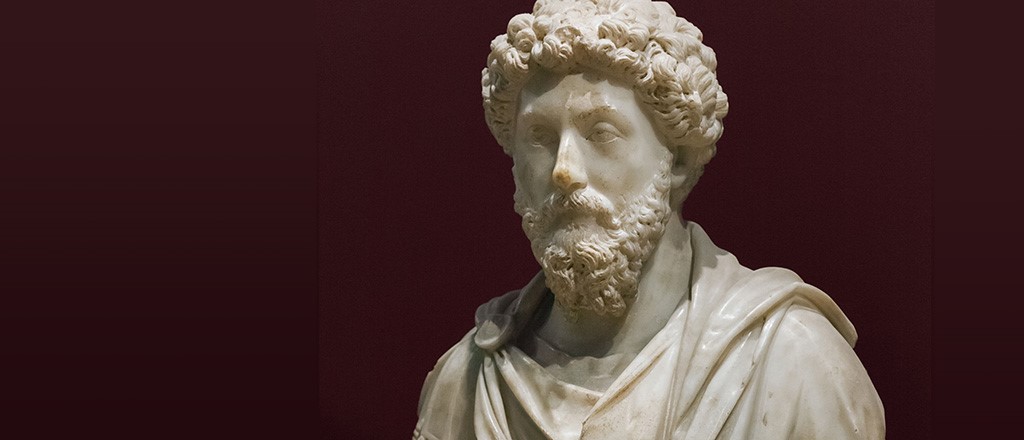As well as being a civilisation and empire that stretched from Britain in the West to Egypt and Persia in the East, Rome was also an idea, an approach to life which, in its most ideal expression, attempted to unite different peoples under universal moral principles and accelerate a flourishing of inner and outer development. An ideal whereby individuals from all regions and backgrounds could in theory fulfil their potential.
In this part of the course, we will look at the idea of the citizen as a conscious being, and Rome’s contribution of the concept of a ‘citizen of the world’.
One of the guiding lights of Roman civilization was the philosophy of Stoicism. Although Greek in origin, it appealed to the practical and moral spirit of the Romans and became what one writer called ‘the religion of the Roman empire’, an inspiring ideal of personal integrity and global citizenship. We will then look at some of the key Stoic philosophers of Rome: Marcus Aurelius, Seneca and Epictetus.
Marcus Aurelius (Roman emperor), Seneca (politician) and Epictetus (slave) are three completely different personalities who lead completely different lives but who developed most of the Stoic thought we know today. Even in 21st century Stoic thought and writing, “Meditations” by Marcus Aurelius, numerous essays and letters from Seneca and Epictetus’ “The Art of Living” remain relevant, engaging and applicable in day to day life.
Roman Stoicism promoted timeless human values such as courage and strength in adversity, and the cultivation of inner freedom through mastery of oneself.
